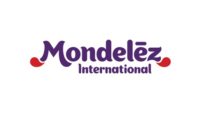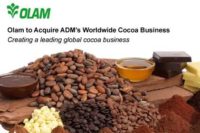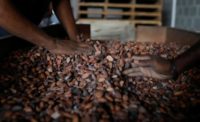"Programs like Cocoa Life need to demonstrate how they deliver value to farming communities through a holistic approach focused on impacts, rather than compliance with specific farming practices,” says Michael J. Hiscox, professor of international affairs at Harvard University, who leads the research team.
Mondelez has partnered with the university to set up an independent verification framework with three key elements:
- Yearly Evaluation: Each year, a Harvard research team will conduct an independent evaluation. A team of local university post-graduate students will collect data in Cocoa Life communities to measure the program's impact on its five core outcomes.
- Holistic Studies: Every three years, a Harvard research team will conduct a holistic study of Cocoa Life to ensure it is on track to achieve its vision of empowering thriving cocoa communities. The study also will include an comparison with control communities outside the program.
- Verifying the supply chain: On an ongoing basis, a third-party organization will verify the flow of cocoa from Cocoa Life communities into Mondelez’s supply chain.
"We're helping build thriving communities by investing directly in them — helping farmers improve their farming practices and business skills, while empowering women and young farmers,” says Christine McGrath, v.p. external affairs, who leads the company's Call For Well-being and Cocoa Life. “Third-party verification will help us measure and improve our impacts at origin."
Later this year, Harvard University will release its first impact report on Cocoa Life communities in Ghana, where Cocoa Life's legacy programs began in 2008.
The impact report will build on new third-party assessments by Harvard University and CARE International, which were released in April. The assessments revealed striking gaps in income and opportunities for female cocoa farmers. And, the findings on the status of women in the cocoa supply chain formed the basis for Cocoa Life's gender action plan.
“The verification process we have created forms the backbone of our approach," says McGrath. "It drives transparency and — because we source from the farming communities where we invest — ensures accountability to our partners and our consumers.”





